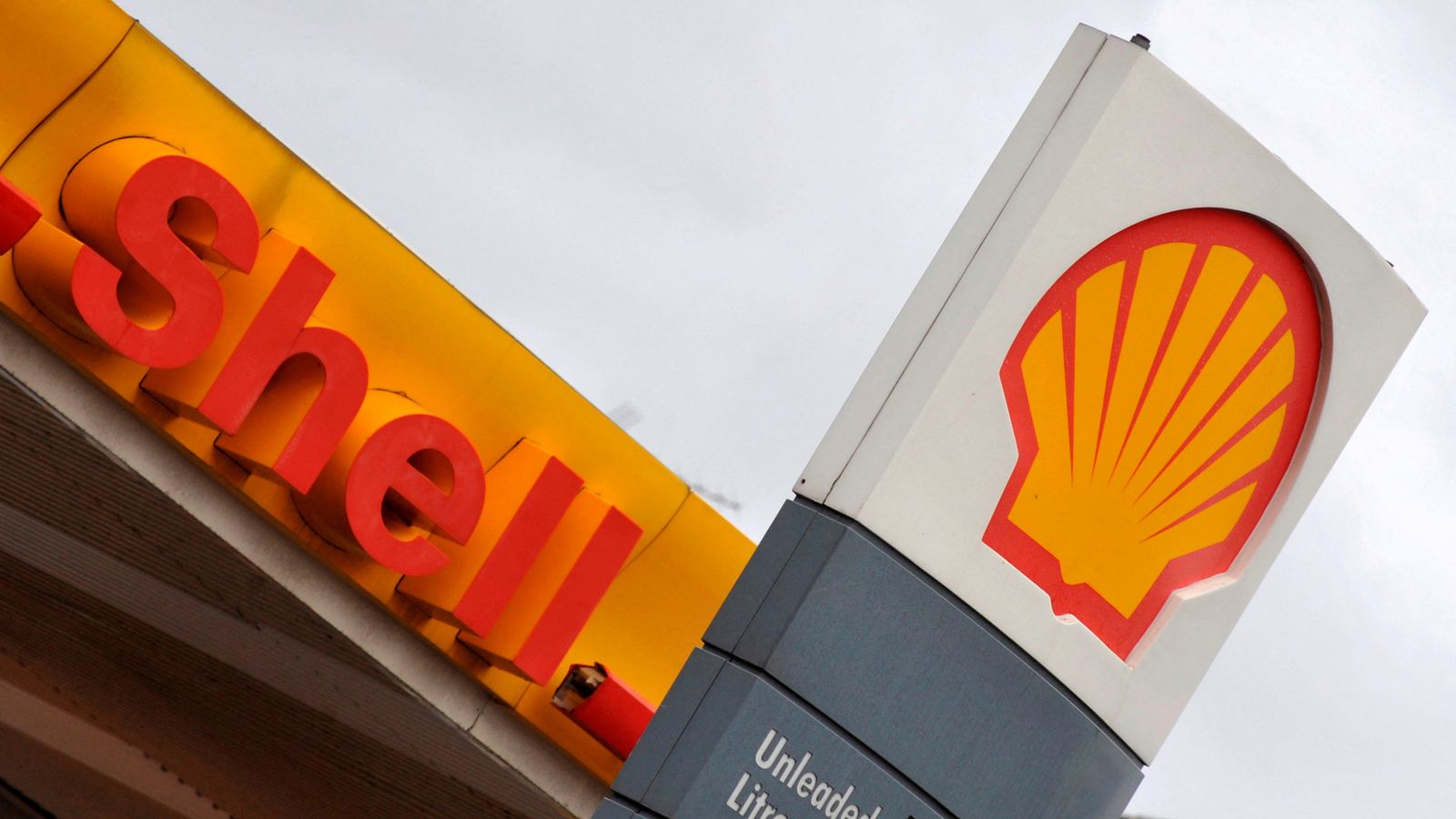Energy giant Shell reported Thursday an 8% drop in its net profit to $10.9 billion for the first half of the year in the wake of reduced liquefied natural gas (LNG) trading volumes and prices, according to the company's earnings report.
Shell said the drop in first-half net profit was partly offset by lower operating expenses, higher margins in its chemicals segment, and higher volumes in its integrated gas and upstream divisions.
In the second quarter, however, Shell’s adjusted earnings came in at $6.3 billion, surpassing the average analyst estimate of $5.98 billion, Bloomberg said in a report.
The adjusted earnings were also 24% higher than the $5.1 billion it posted in the same period a year earlier. However, compared to the previous quarter, the earnings were 19% lower on weak refining margins and gas trading.
"Shell delivered another strong quarter of operational and financial results. We further strengthened our leading LNG portfolio, and made good progress across our Capital Markets Day 2023 financial targets, including $1.7 billion of structural cost reductions since 2022,” said Shell CEO Wael Sawan.
Shell unveiled plans for a share buyback program amounting to $3.5 billion for the next three months, maintaining a comparable pace to the previous quarter's repurchase initiative.
The company confirmed that its dividend will remain steady at 34 cents per share despite changing market conditions.
Shell made several moves to strengthen its position in LNG. In June, Shell fully acquired Singapore-based LNG firm Pavilion Energy from Temasek.
Just last month, Shell was among a cohort of energy firms, which also includes BP, Mitsui, and TotalEnergies, that announced investing in Abu Dhabi National Oil Company’s (ADNOC) Ruwais LNG project. Each company will hold a 10% interest in the project, while ADNOC will take a majority 60% stake.
Shell said its LNG offtake from the project would be around 1 million metric tons per annum (mmtpa).
Shell stood at No. 17 on the 2024 Forbes ranking of the world’s 2000 largest companies, making it the third-biggest energy firm on the list, just behind ExxonMobil and Saudi Aramco.










